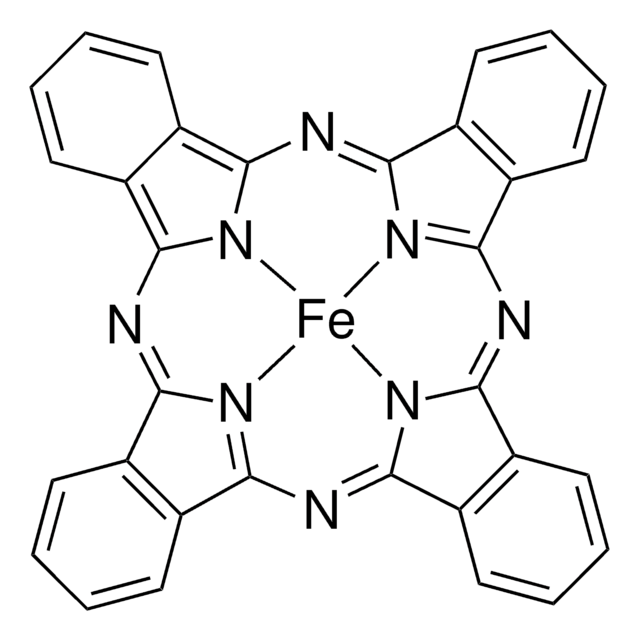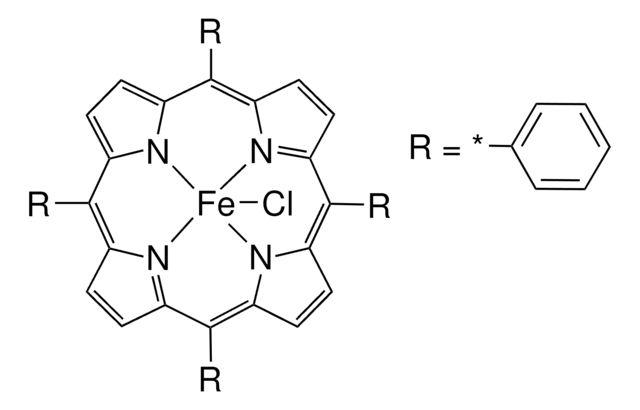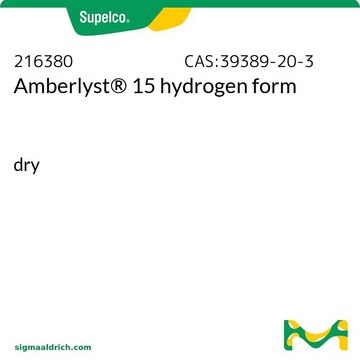381446
Iron(III) oxalate hexahydrate
Synonym(s):
Ferric oxalate hexahydrate
About This Item
Recommended Products
grade
for analytical purposes
form
powder and chunks
concentration
22-25% Fe (by Na2S2O3, titration)
application(s)
battery manufacturing
SMILES string
O.O.O.O.O.O.O=C1O[Fe](OC1=O)OC(=O)C(=O)O[Fe]2OC(=O)C(=O)O2
InChI
1S/3C2H2O4.2Fe.6H2O/c3*3-1(4)2(5)6;;;;;;;;/h3*(H,3,4)(H,5,6);;;6*1H2/q;;;2*+3;;;;;;/p-6
InChI key
FWXIZVVTJVNNRX-UHFFFAOYSA-H
Application
Signal Word
Warning
Hazard Statements
Precautionary Statements
Hazard Classifications
Acute Tox. 4 Dermal - Acute Tox. 4 Oral
Storage Class Code
11 - Combustible Solids
WGK
WGK 3
Flash Point(F)
Not applicable
Flash Point(C)
Not applicable
Choose from one of the most recent versions:
Already Own This Product?
Find documentation for the products that you have recently purchased in the Document Library.
Customers Also Viewed
Articles
From Form to Function: Molding Porous Materials in Three Dimensions by Colloidal Crystal Templating
Lithium-ion batteries represent a group of electrochemical devices used for electricity storage and have attracted a lot of attention in the past two decades due to their portability, rechargeability and low cost.
Plasmonic nanoparticles have unique optical properties that can be tailored to suit a variety of applications in the biotechnology1–8 and electronics9–16 industries.
Our team of scientists has experience in all areas of research including Life Science, Material Science, Chemical Synthesis, Chromatography, Analytical and many others.
Contact Technical Service















